
“Evil is a point of view. We are immortal. And what we have before us are the rich feasts that conscience cannot appreciate and mortal men cannot know without regret. God kills, and so shall we; indiscriminately He takes the richest and the poorest, and so shall we; for no creatures under God are as we are, none so like Him as ourselves, dark angels not confined to the stinking limits of hell but wandering His earth and all its kingdoms.” ― Anne Rice, Interview with the Vampire

The vampire is a loathsome creature, who appears in human form, and is sustained by drinking the blood (also known as "feeding") from living beings, like you and I. Naturally, we want to defend ourselves from an immortal existence and there are many ways in which we can employ self-protection.
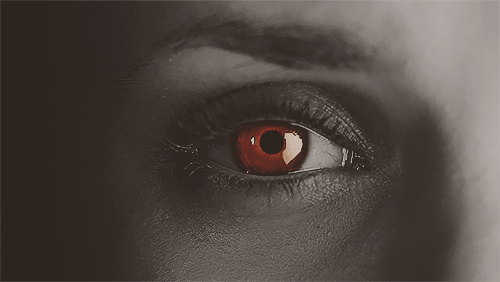
Today, one can easily find, online at auction or generally for sale, "Vampire Hunter Kits" - also known as - "Vampire Defense Kits". Some kits may be vintage, but are not actually an authentic tool used during the height of this superstition. These kits are most likely made in the 1930's or perhaps even later and were made to look older than they actually are. These kits can even be "made to order", today. Speculation is that they were produced after the publication of Bram Stoker's "Dracula" in 1897, and were more likely intended as souvenirs or novelties. Buyer, Beware!

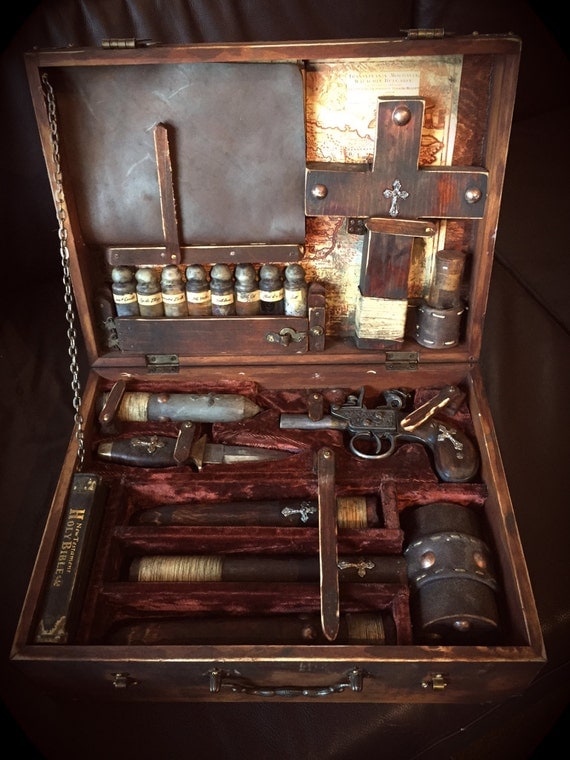
"Apotropaics" or apotropaic magic are a means in which one may defend against evil or harm, and may deflect misfortune. If you have a lucky charm, or sprinkle salt over your shoulder, or hang a horseshoe over your door, you are practicing this type of magic! Common items, such as garlic or holy water that are supposedly used to ward off those who returned from the dead and are common in vampire folklore.
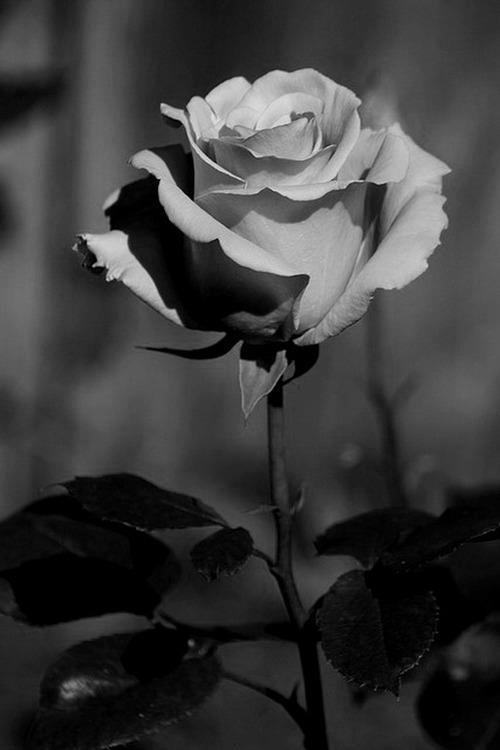
Branch of a wild rose - may harm or ward off a vampire

Candles
Used for ceremonies like exorcisms, prayers, and seeing in the dark.

Crossbow and Bolts
Crossbows were useful when employed for range. The tip of the bolt may be dipped in silver, however, silver is not effective means to ward off the vampire.

Crucifix
A symbol of Christ, it was commonly held facing toward the vampire, who balked in its presence. Sometimes, it was attached to a chain from which the slayer could rapidly pull it out. The crucifix was often made of silver. This tool is one of the most important manners in which one can repel a vampire, and if it touches the skin of the undead, it will burn them similar to an acid.

Decapitation / Dismemberment
One of the easiest methods to kill a vampire is to simply lob off its head, and then to burn it along with the remaining body (which should also be dismembered). See "Fire". Decapitation was also the means in which one could expedite the departure of one's soul.

Entry
It is common knowledge that a vampire will not enter your home, unless you invite him/her. Once the invitation is extended, however, they may enter or leave at will.

Eucharist
Holy wafers are used to place over the lips of the dead, as a form of protection against vampirism; or, may be placed around the grave as a circle of protection so that the undead may not enter.
The method of burning a vampire is used in conjunction with the decapitation and dismemberment method. After the body is in pieces, the remaining parts must be thoroughly burned.
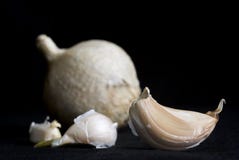
Garlic
Garlic has been used in defense against vampirism, as they notoriously despise this herb and repel against it. Consequently, garlic was placed into a deceased person's mouth to prevent a vampire from feeding upon the victim.

Graveyard
A vampire will not be able to use his power on consecrated grounds such as a church yard or a cemetery. You will be safe to retreat to these places.
Hammer
Some hammers were fashioned with a crucifix styled into the head. Its size was approximately six to seven inches long, and was what is used to drive a stake into the body of the vampire.

Holy Water
This was used to sprinkle on the vampire for both protection of the hunter, the surrounding area in which they occupied, or used directly on the vampire to harm it.
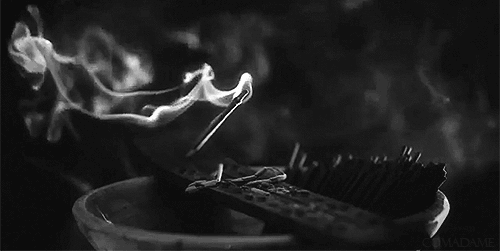
Incense
The pungent odor arising from this may have been used ceremoniously, whether it be used for protection or to ward off the evil spirit which lay in the vampire’s body.

Knives and Daggers
Some were used for throwing while others were specifically used for close combat.
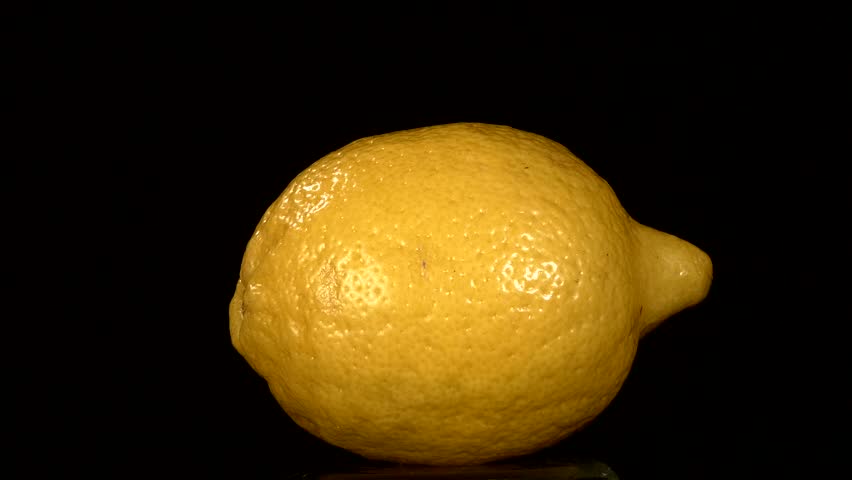)
Lemon
In Saxon regions of Germany, a lemon was placed in the mouth of suspected vampires.
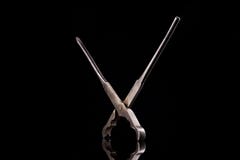
Metal Teeth Pliers
Nothing more than a common tool, these were used to remove the long teeth or fangs of vampires.

Mirrors
Mirrors are used to ward off vampires when placed facing outwards, on a door. You can also verify if the individual is indeed a vampire, as they do not have a reflection, or they may not cast a shadow which helps to substantiate their lack of having a soul.

Mustard Seed
Sprinkled over the roof of one's home will protect you against these intruders.

Oils and Ointments
Commonly used as repellents, any consecrated oil or ointment can be used to place directly on oneself or an object

Prayer Book or Bible
Holy verses, quotes or readings may be used for performing exorcisms.

Pistols
Everyone knows that bullets do NOT kill vampires. Bullets - exclusively silver bullets - are used to kill werewolves, never vampires.
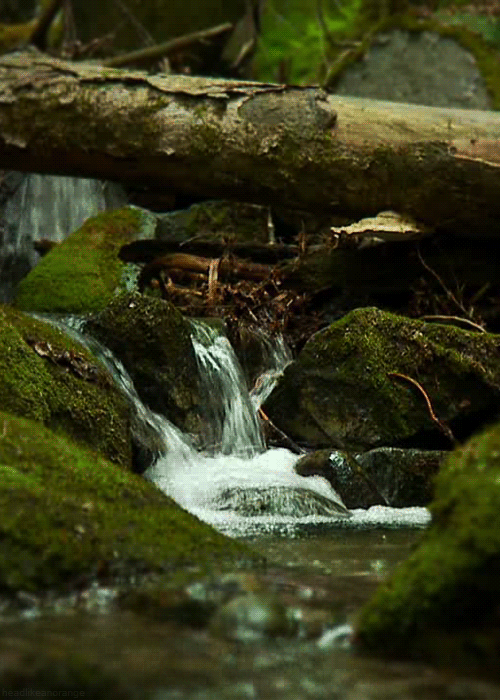
Running Water
Such as a brook or stream - vampires will not cross either. I would caution you, however, to not rely on this as a means of defense, as a vampire can not only change forms, such as transforming into a bat or wolf, I would suggest that there is no reason why he would not leap over running water, if his thirst was great; or perhaps, his anger, high.

Stakes
Stakes were driven into the hearts of the vampires by use of the hammer. A suspected vampire's grave could be unearthed and a stake would be driven through the corpse, to pin it to the ground. Holy water, Eucharists, and/or oils or ointments could be administered directly onto its body to prevent it from reanimating and could be either driven through the mouth, the heart or the stomach depending upon from what region the superstition came. Popular choices of wood to make stakes were Ash, Hawthorne or Oak.

Sunlight
One of the most vulnerable aspects of a vampire is to expose them to sunlight, which may disintegrate them, instantly. This is why they are only active at night.

Here is my shadow... from the streets of Chicago...

...and, here I am, also in Chicago, - and my reflection is real. Whew! Glad we got that nasty piece of business out of the way!


No comments:
Post a Comment